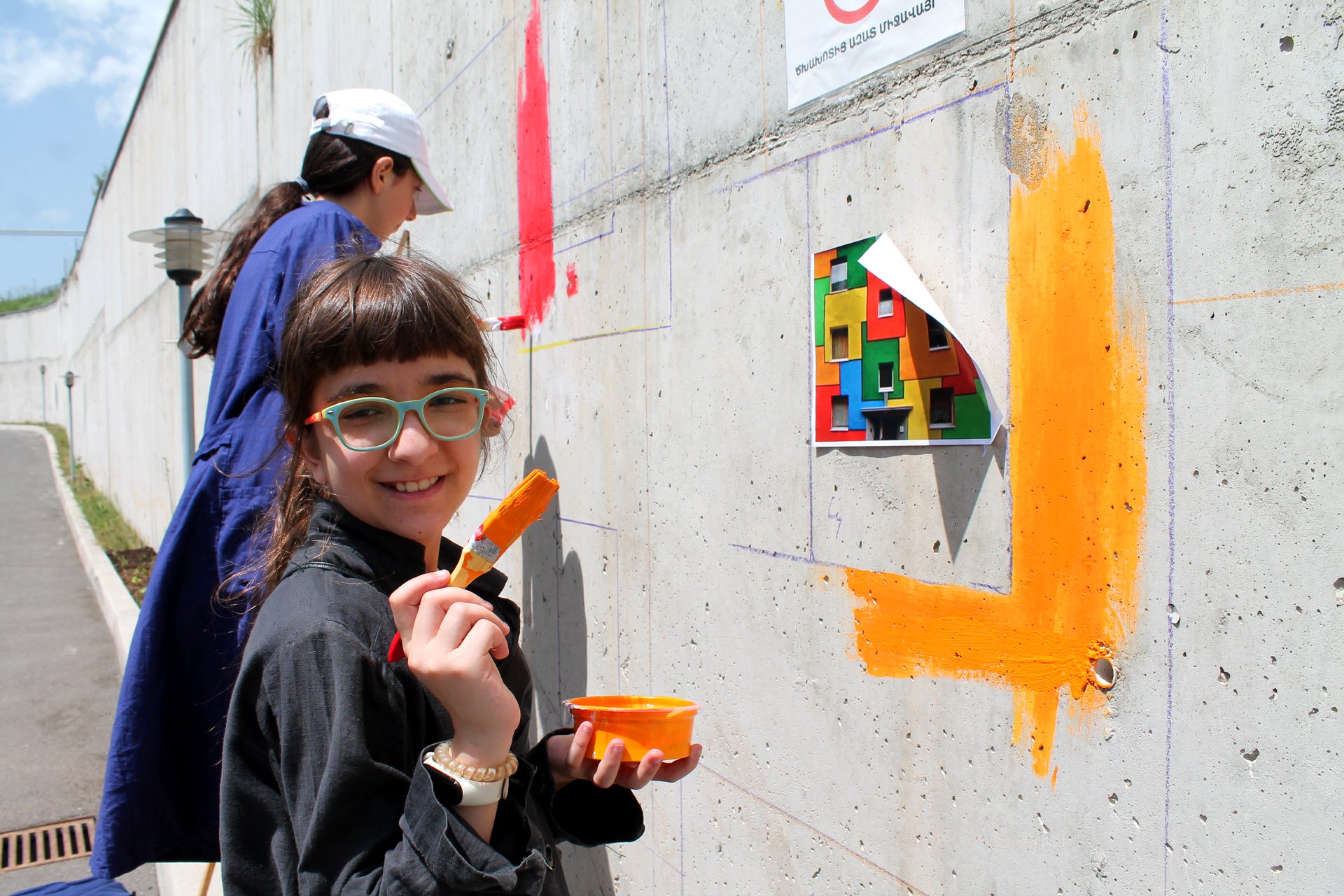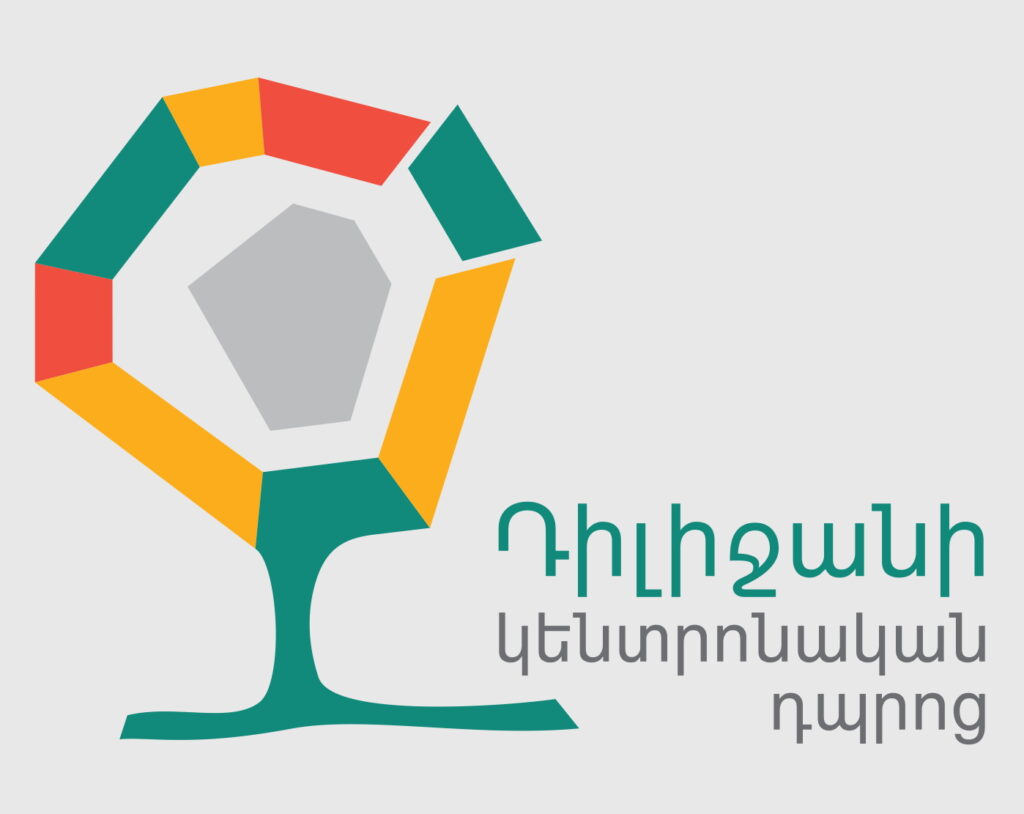The educational idea of the schools of the “Ayb” system is anchored in the following dynamic principle: to take the best programs from the best educational systems and combine them into a complete image. The experts of “Ayb” have studied and combined their best constituent parts into a unique system. We did not aim at copying any of the successful educational systems, but by following each one of them, we have created our own.
Teaching Approaches
Technology

Combination of the Leading Educational Systems
Testing Theory in Practice
The basis of teaching methodology of the schools of “Ayb” system is project based training. We strive to organize the educational process in a way that any student is involved in various programs or projects implemented in everyday life, practically checking and applying their knowledge, and developing their communication and teamwork skills. Not only do those projects have an educational purpose, but they can give socially applicable and necessary results as well. Teachers of different subjects work with one another to adapt their programs so that students are equipped with the necessary knowledge from several subjects to carry out research and study projects.
Healthy Lifestyle and Perception of Beauty
Sports and Arts lessons, as well as club activities, help “Ayb” students to develop comprehensively, not only in mind but also in body and soul. Physical education and swimming are compulsory disciplines at school as a guarantee of health. Different subjects and clubs related
to various fields of art aim to develop students’ abilities to see, hear, and recognize beauty as well as to releave the rather intensive process of academic education.
Knowledge on the Basis of Values
The formation of a value and worldview system is one of the main issues of education. Our aim is to develop not only a person equipped with knowledge but also a citizen with a sense of identity, belonging, and responsibility. The combination of theory and practice is one of the most important principles of the school. Each student must carry out a certain minimum amount of social work. Various techniques, formats, and means are applied in working with students to educate such values as mutual help, taking into consideration the other person’s opinion, being open to new ideas and approaches, evaluating and not stealing other people’s ideas and work, being a punctual and responsible team member, relying on benevolence and a wealth of information in decision-making.
Descriptive Evaluation
The evaluation at school is carried out using a 100-point system. However, in addition to grading, the primary task of the teachers is to make descriptive evaluation reports, in which the students’ strengths and weaknesses, the level of knowledge of the topics, the desire to supplement previous knowledge, and the social and personal problems hindering a full understanding of the subject are addressed in detail. In addition to grading, it is more important to provide the parents with information that will help them organize the children’s extracurricular activities, time, and efforts devoted to learning more effectively. The progress portfolio of each student is also posted on the “Moodle” electronic system, where parents can access and track their children’s learning process.
The Purpose of the Portfolio is:
· to see the actual image of the child’s learning;
· to report their own observations to the teacher;
· to engage in the learning process;
· to help the children plan their time;
· to find out the children’s strengths and control their weaknesses.



